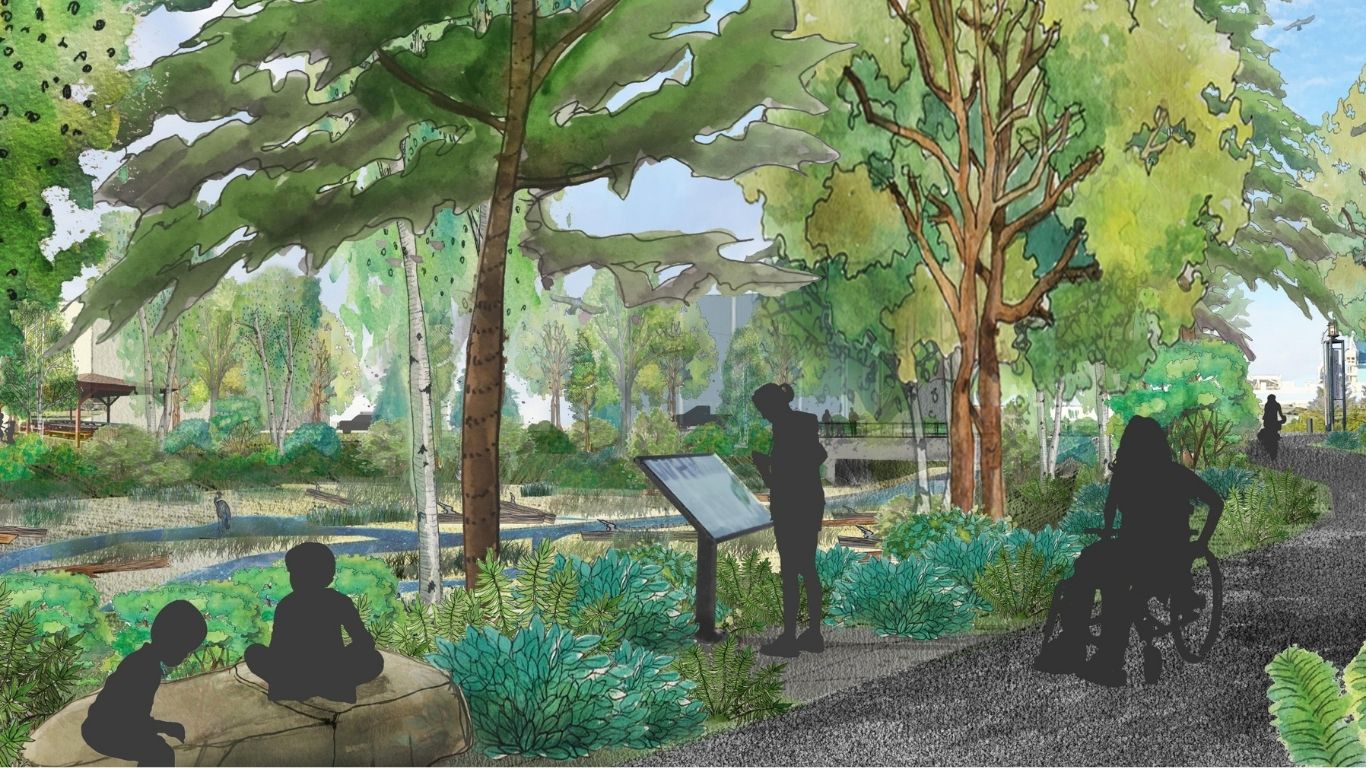The 2019 Washington State Legislative session opened with a host of land-use and growth management issues that we’re working to weigh in on. Here is a quick rundown of the issues we are focusing on this week:
SB 5195 – Providing cities and counties authority to use real estate excise taxes (REET) to support affordable housing and homelessness projects.
Bill Summary: This bill adds to the definition of REET 2 and capital facilities to include the planning, acquisition, construction, reconstruction, repair, replacement, rehabilitation, or improvement of facilities for those experiencing homelessness and affordable housing projects.
Futurewise Position: Despite our strong desire for more affordable housing support, we have concerns with this bill in that capital facilities are already under funded in many cities with regards to current needs. We would prefer to provide jurisdictions with new sources of funds to deal with the affordable housing crisis, not syphon money from current needs.
SB 5151 – Requiring the growth management hearings board to topically index the rulings, decisions, and orders it publishes.
Bill Summary: All published rules and decisions must be indexed topically, and all rulings, decisions, and orders issued before the beginning of 2019 shall be published by the conclusion of the year 2019
Futurewise Position: We support this bill in the name of open government, however, we do recognize that additional resources are warranted to manage the execution.
SB 5117 – Concerning the siting of essential public facilities under the growth management act.
Bill Summary: Essential public facilities do not include privately owned correctional or detention facilities
Futurewise Position: We support this bill, and oppose the private operation of correctional or detention facilities. The Growth Management Hearings Board already weighed in on this issue in Tacoma, and agreed that privately operated facilities such as these are not considered essential under the law.
SB 5193 – Concerning the process of identifying limited areas of more intensive rural development (LAMIRD).
Bill Summary: This bill removes the current language on LAMIRDs, on how to identify, development regulations, and other requirements for siting a LAMIRDs, and adds new allowances in identifying LAMIRDs; allows for the expansion of LAMIRDs; and, general development regulation changes.
Futurewise Position: We oppose this bill, as it would allow for the creation of new or expansion of existing development in rural areas.
SB 5194 – Concerning the review of urban growth area boundaries
Bill Summary: This is a complicated bill, which essentially adopts a new and not entirely clear definition of urban development and urban character, and would align all comprehensive plan updates to the same timeframe – 5 years after a census count.
Futurewise Position: We oppose this bill, and are concerned about narrowing the definition of urban character, as well the capacity for analyzing all comprehensive plans at a single point in time.
SB 5242 – Concerning the economic development of rural counties.
Bill Summary: Allows for “opt-in” counties to remove themselves from the GMA. Also would permit removal of GMA requirements for counties that achieve a number of different thresholds including: meets the definition of rural county, unemployment rate of at least 20% for the immediate previous 3 years, a county with a median household income 75% of the state median income.
Futurewise Position: We oppose this bill, as GMA requirements protect natural resource and economic development opportunities in rural counties.
SB 5243 – Concerning standing before the growth management hearings board.
Bill Summary: Only allows standing to appeal comprehensive plans based on land ownership in the city or county, will be directly impacted or harmed.
Futurewise Position – This is the anti-Futurewise bill, and we oppose it!
SB 5245 – Clarifying what science may be used by cities and counties to designate critical areas
Bill Summary: Provides alternative “science” to the department of ecology and commerce when deciding on critical areas. Redefines “best available science”.
Futurewise Position – We oppose this bill. There is no such thing as “alternative science.”
SB 5259 – Encouraging the success of agriculture on agricultural land.
Bill Summary: removes the requirement that no more than 1 acre be used for accessory agricultural uses. Exempts “unnecessary” requirements as the county deems appropriate. Allows for “innovative zoning techniques” for local jurisdictions to further agricultural lands.
Futurewise Position – We oppose this bill, as it would significantly curtail efforts to protect farmland from development.
SB 5008 – Concerning short subdivisions.
Bill Summary: Would change short subdivisions from currently 4 with an option for 9 to required 9 with an option up to 30.
Futurewise Position – We are working to provide input on this bill, as we have concerns that 30 lot short subdivisions would only make green field development easier and less costly for developers. We are considering alternatives that would reduce the overall number of lots, but also potentially provide thresholds for the inclusion of affordable housing.
SB 5026 – Concerning the placement of planning boundaries in conjunction with parcel boundaries
Bill Summary – Requires that UGA boundaries follow parcel lines. Would allow for divided parcel to be allowed into the UGA in the next comprehensive planning update.
Futurewise Position – We oppose this bill, but we are also working to identify language that would make it comply with current GMA requirements, such as prohibiting expansions for areas that contain critical areas or farms; prohibiting areas that cannot be served with public facilities; and, prohibiting land owners from proposing amendments by purchasing adjacent properties.
Thanks for reading, and stay tuned for updates on these bills and other upcoming legislation – including potential updates on the GMA Housing Element that could better address and define affordability requirements in jurisdictions of certain sizes.


